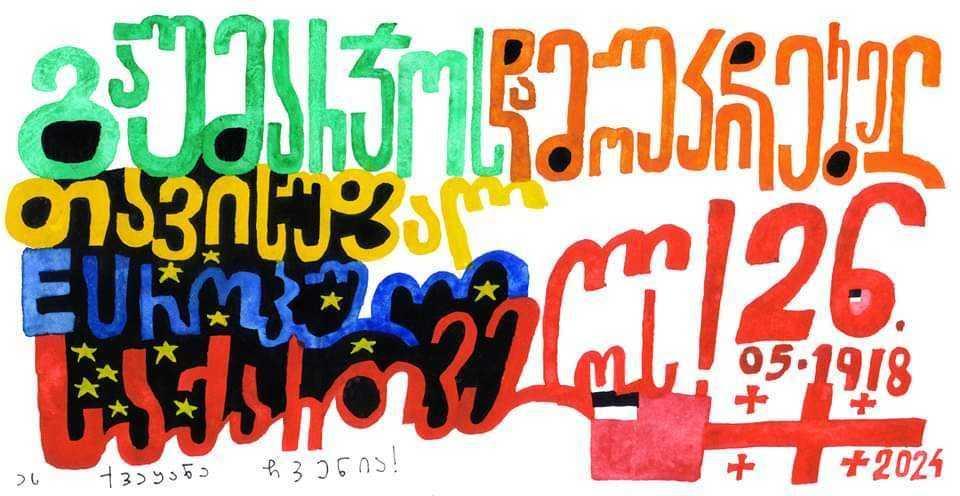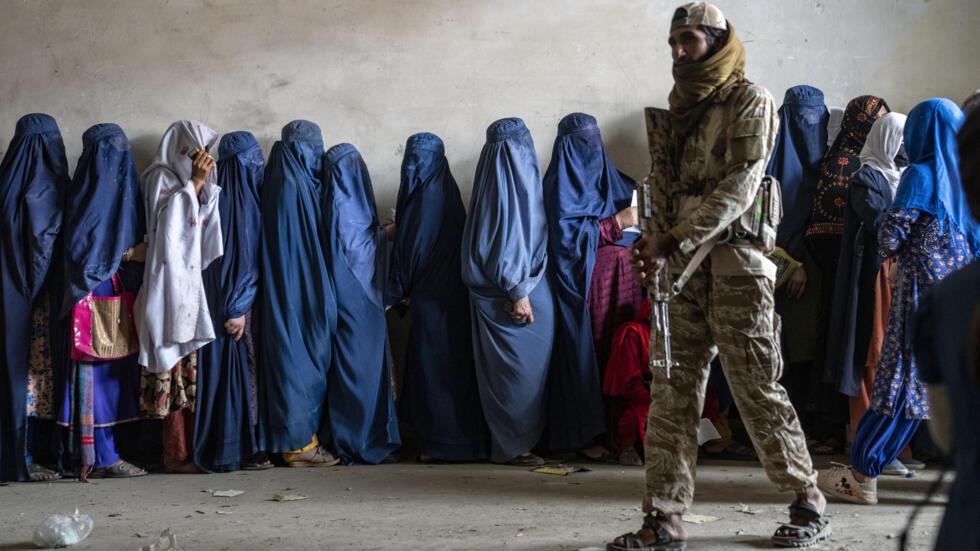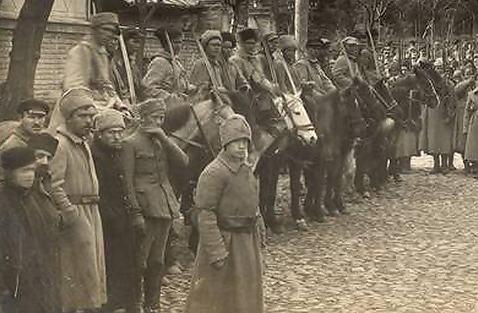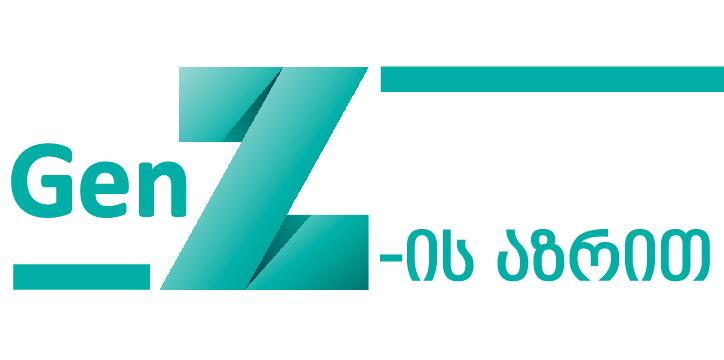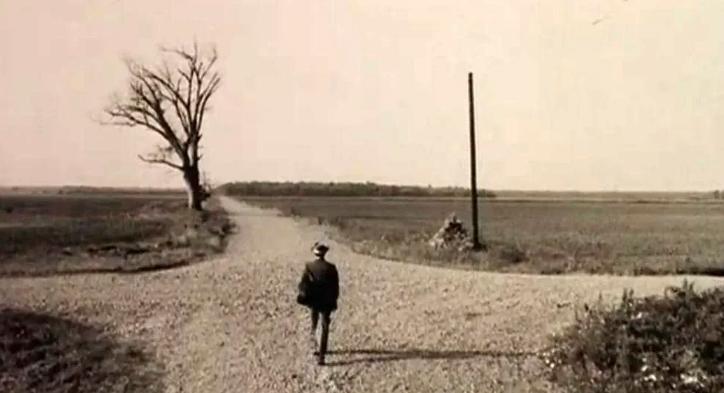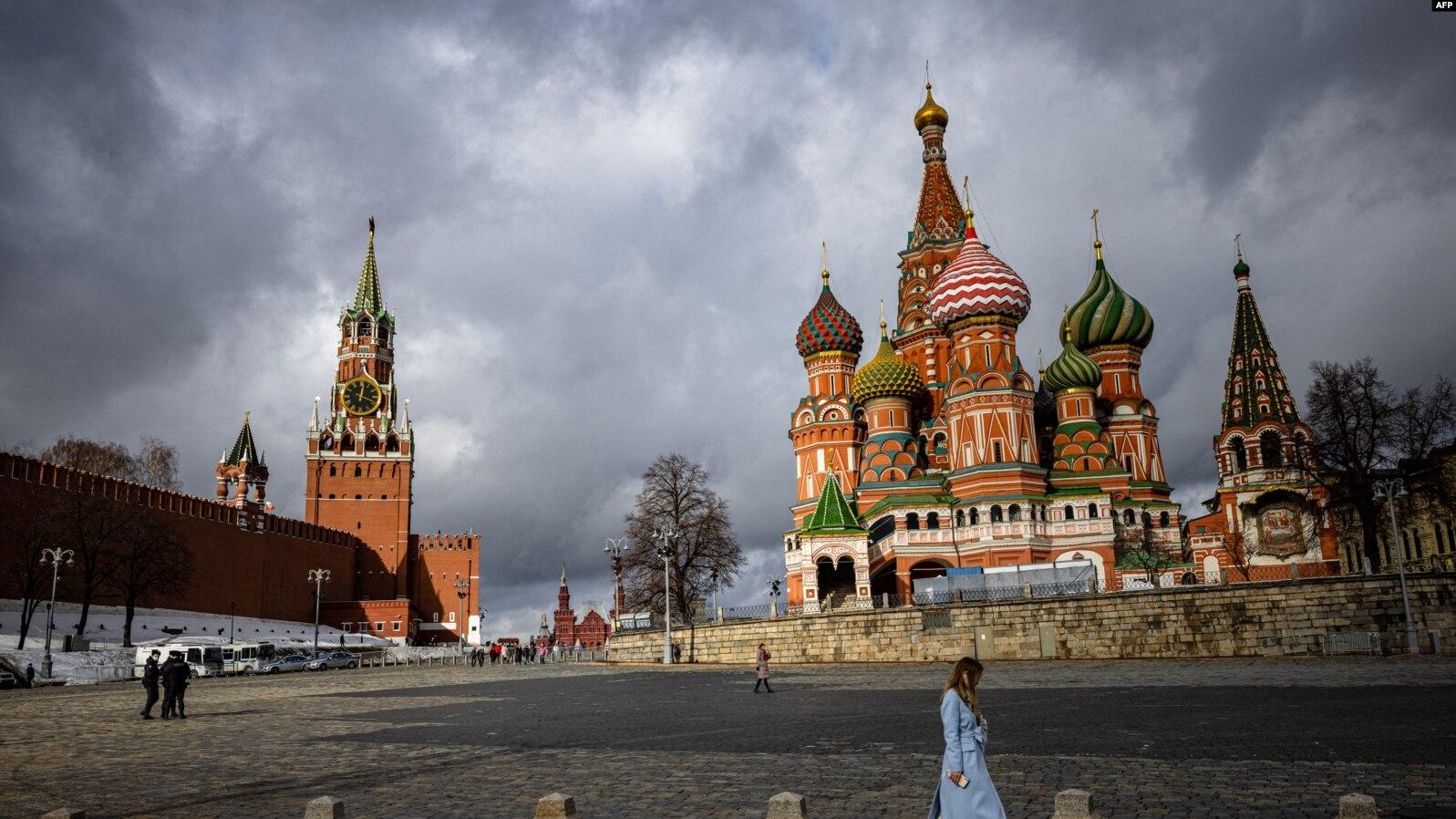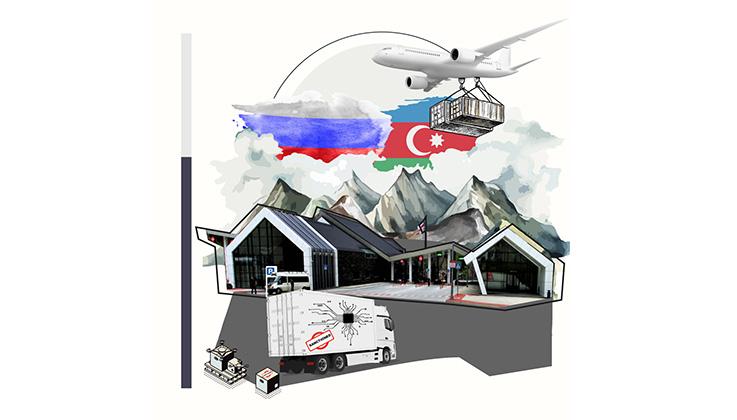
Author :
For us students, Georgia’s accession to the European Union is by far the most important thing. Since the restoration of Georgia’s independence, this idea has united representatives of all spheres and ages.
Today, this European aspiration is no longer something distant. My generation knows Europe intimately, and has a good idea of what it would be like to be a full part of it. We know how free and secure one can feel as an EU citizen.
Becoming part of the European Union requires a country and its people to take on a high level of civic responsibility, social justice, protection of human rights, and the rule of law. However, perhaps what we need most of all is access to quality education.
On the one hand, we are closer than ever to this pivotal moment. On the other hand, a so-called Russian law, a homophobic law, and a so-called offshore law are all being adopted in the country, which is fundamentally at odds with the values, spirit, and concept of the European Union.
In this context, the 2024 election is as pivotal for modern Georgia as the historic 1990 multi-party election, where the Georgian people overcame the Soviet Communist Party. Today, every Georgian citizen faces a profound choice: to realize the centuries-old dream of joining Europe, or to fall prey to propaganda, risking the country’s isolation behind a new iron curtain.
For young people, this election holds even greater significance. Over the past two years, we have endured beatings, water cannons, tear gas, and unjust fines. Yet, rather than instilling fear, this has strengthened our resolve. Such determination is underscored by the fact that Georgian students abroad have been registering in large numbers and traveling (in some cases, long distances) to polling stations across various cities (wherever the government has allowed or could not prevent opening of polling stations) to ensure that their voices are heard. This mobilization highlights not only the importance of Georgia’s European future for us but also the value of every single vote in steering our country in the right direction.
This election may also decide whether Georgia’s visa liberalization regime with the European Union continues or is suspended. The outcome will also shape the broader future of civil society in Georgia, impacting the work of non-governmental organizations engaged in essential educational and civic initiatives.
We must also confront a potential dystopian scenario: if the October 26 election brings no meaningful change, Georgia risks falling entirely under Russian influence, setting the country on an openly anti-Western, authoritarian path—one that my generation cannot and will not accept. This would close the door to the European Union, anchoring Georgia within Russia’s orbit. Our return to the broader European family would be indefinitely postponed. Georgia would face international isolation, sanctions would target those responsible for the country’s backward shift in foreign policy, and large-scale repression could begin—a grim prospect that government representatives have already hinted at unambiguously.
It is precisely this election that will determine what Georgia we wake up to on October 27, what direction our country will take, and what future awaits young people (my generation). I am firmly convinced that with the support of our partner countries and friends who stand beside us, we will succeed.
